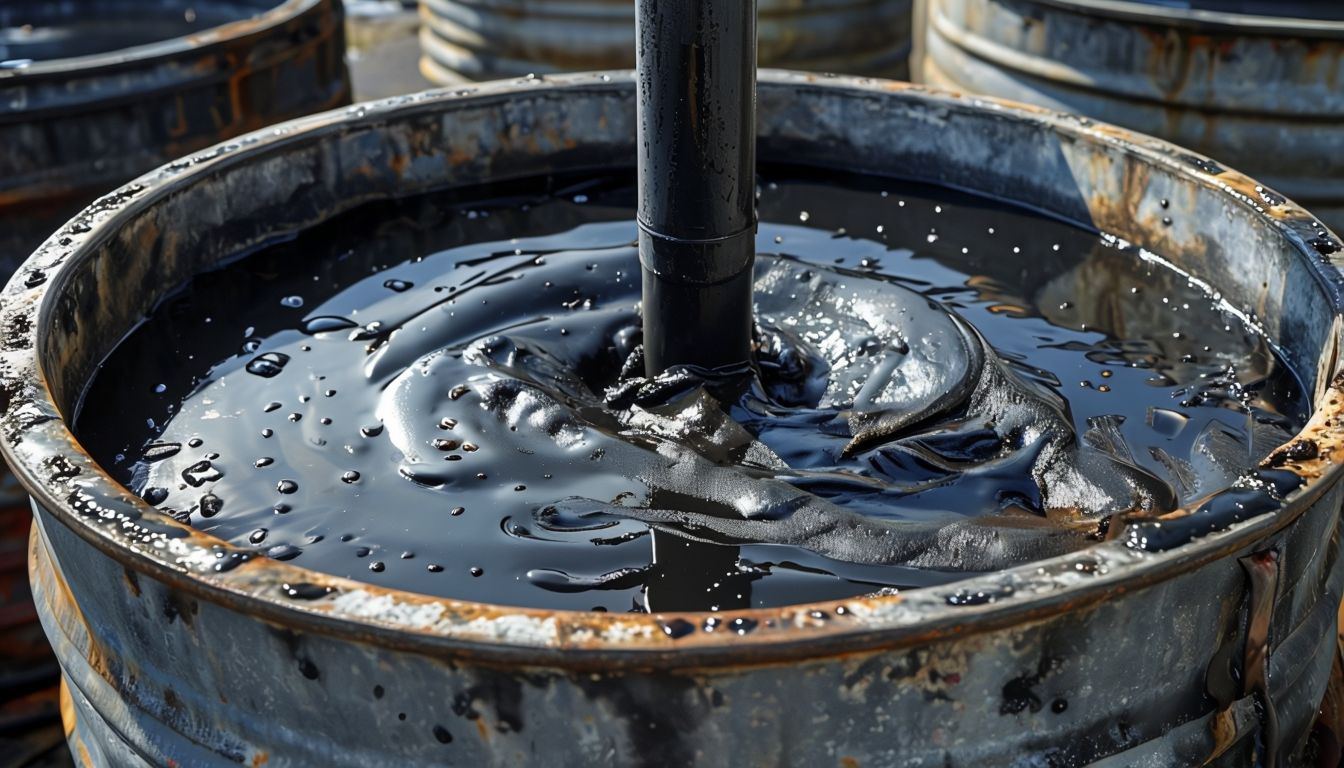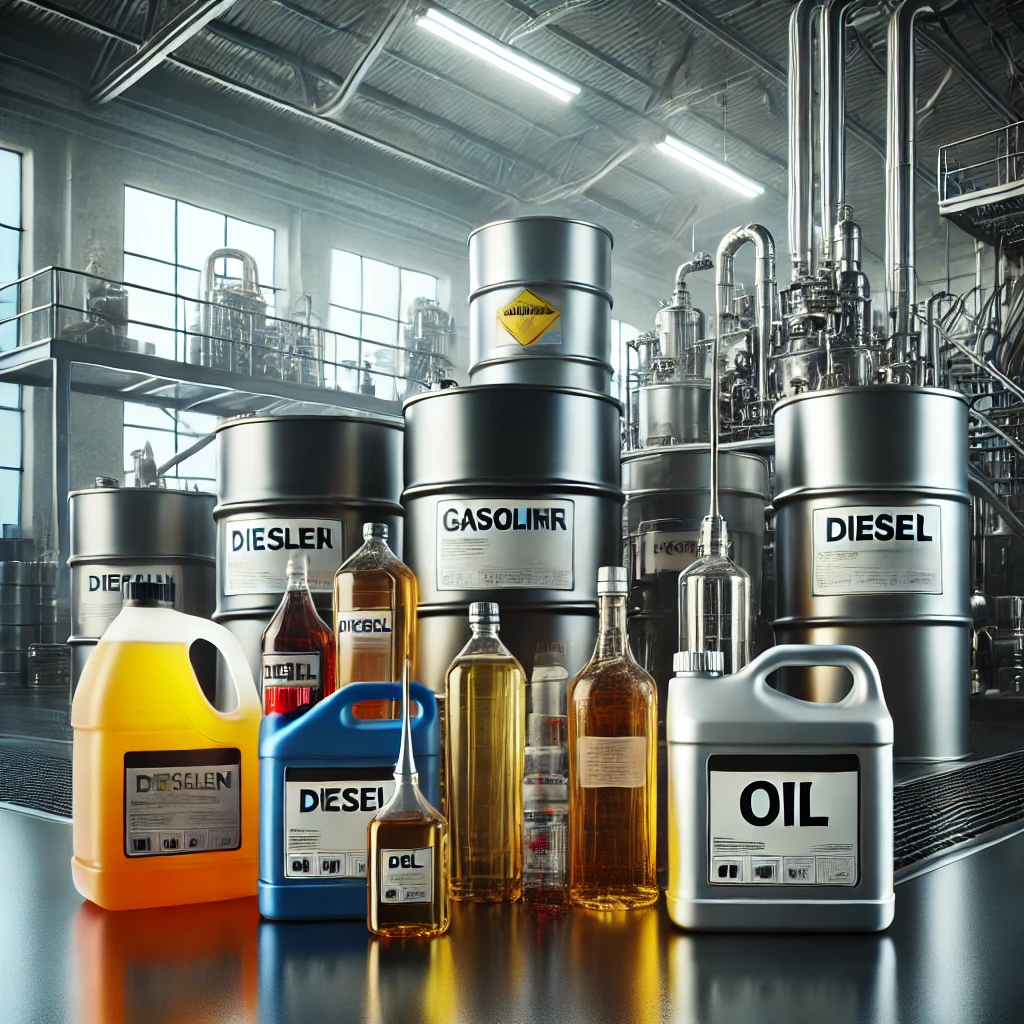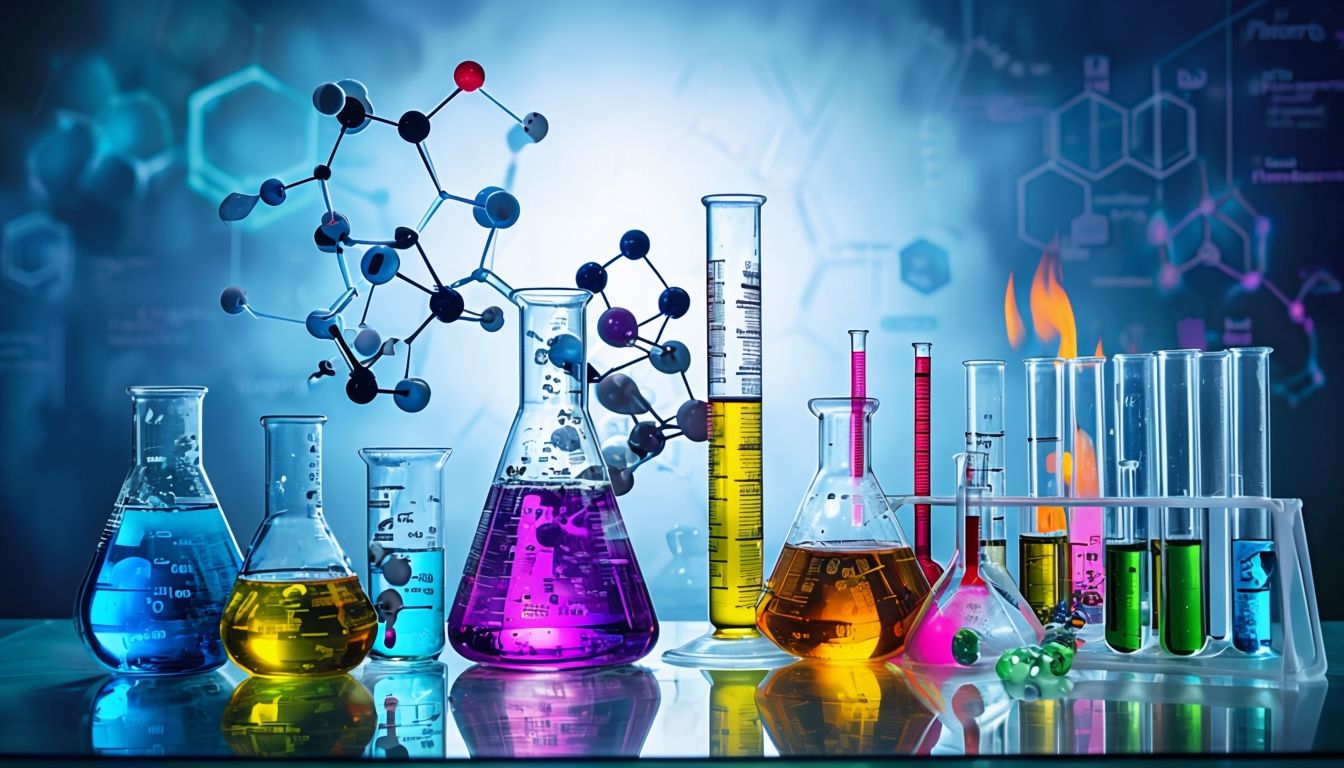Polymers
Polymers are among the most significant products of the petrochemical industry, valued for their unique properties and widespread applications in numerous other industries. These materials consist of long molecular chains formed by repeating smaller units called monomers. The process of creating polymers, known as polymerization, involves linking these monomers into chains or networks, resulting in materials with diverse properties and extensive applications.

Polymers are generally classified into two main categories:
- Natural Polymers: Materials like cellulose, natural rubber, and proteins, which occur naturally in the environment.
- Synthetic Polymers: Materials produced in the petrochemical industry, such as polyethylene, polypropylene, polystyrene, and polyvinyl chloride (PVC). These polymers are highly valued for their specific properties, such as lightweight, chemical resistance, and flexibility.
Polymer Production in the Petrochemical Industry
The production of polymers in the petrochemical industry begins with hydrocarbons derived from crude oil and natural gas. These hydrocarbons are processed and broken down into monomers like ethylene, propylene, and styrene. Through the polymerization process, these monomers are transformed into the desired polymers.
Applications of Polymers
Due to their characteristics, such as lightweight, corrosion resistance, flexibility, and low production costs, polymers are widely used across various industries:
- Packaging Industry: Polyethylene and polypropylene are used to produce plastic bags, bottles, and food packaging.
- Construction: PVC and polyethylene are utilized in the production of pipes, windows, and insulation materials.
- Automotive Industry: Polymers are used to manufacture lightweight and durable car parts like bumpers, dashboards, and seat covers.
- Medical Sector: Polymers such as polyethylene and silicone are essential in making medical equipment, prosthetics, and pharmaceutical packaging.
- Textile Industry: Polymers play a crucial role in producing synthetic fibers like nylon and polyester.
Advantages of Polymers in the Petrochemical Industry
- Versatility in Properties: Polymers can be tailored to meet specific needs, such as strength, flexibility, or chemical resistance.
- Weight Reduction: Compared to metals and traditional materials, polymers help reduce product weight, leading to energy savings.
- Resistance to Environmental Factors: Polymers exhibit high resistance to moisture, corrosion, and chemical agents.




